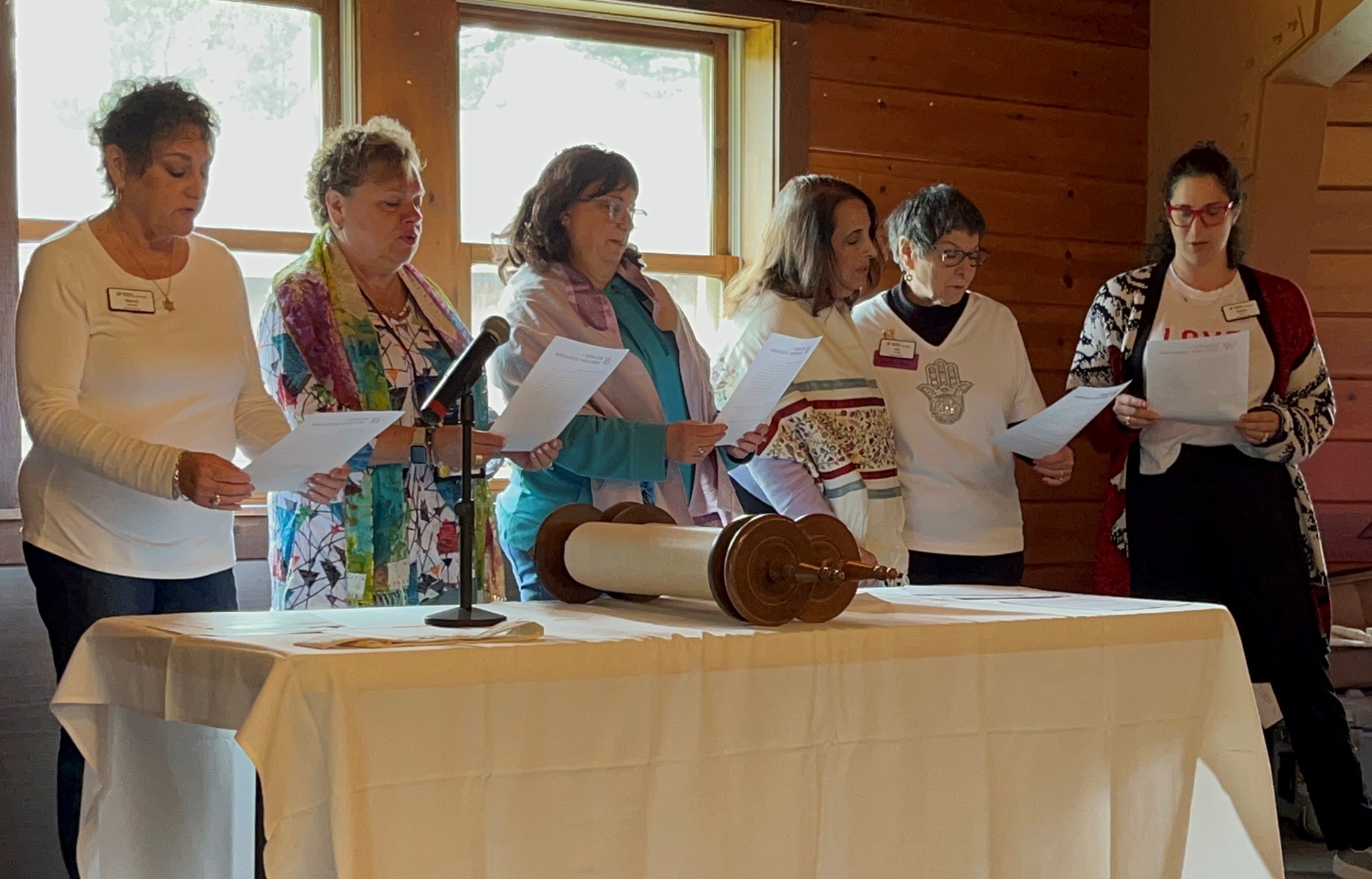Parashat Yom Rishon shel Rosh HaShanah
During the High Holidays, my thoughts turn to the special blessings, prayers, and melodies that shape our journey from Selichot to Rosh HaShanah to the final shofar blast on Yom Kippur.
Many of our prayers in the High Holiday liturgy are written in the plural






